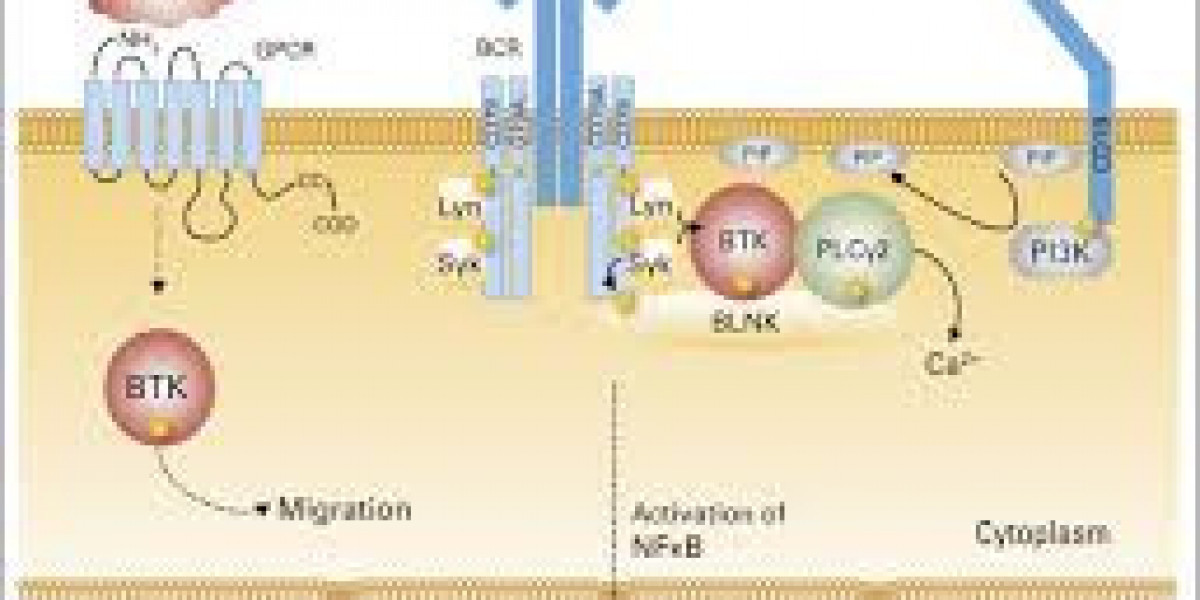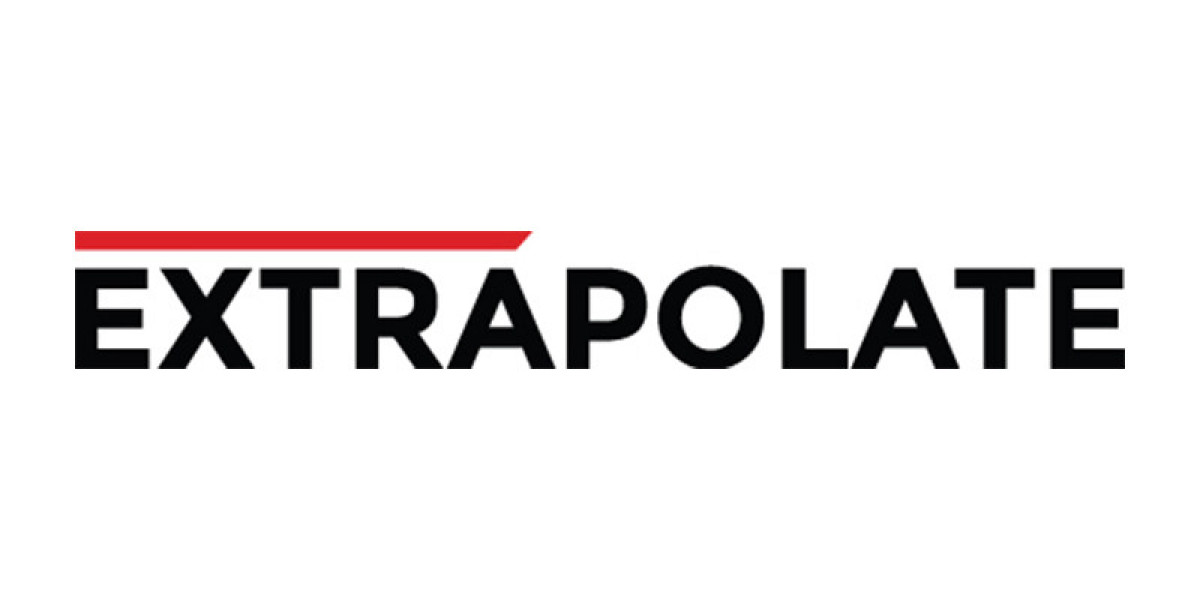The Bruton’s tyrosine kinase (BTK) inhibitors market size attained a value of USD 10.48 Billion in 2024. The market is further expected to grow at a CAGR of 8.00% during the forecast period of 2025-2034 to attain a value of USD 22.63 Billion by 2034, driven by the rising prevalence of mantle cell lymphoma. These inhibitors are widely used in the treatment of mantle cell lymphoma.
BTK inhibitors have emerged as a transformative class of targeted therapies in oncology, primarily revolutionizing the treatment of certain blood cancers and autoimmune diseases. Their ability to interfere with B-cell receptor signaling, thereby impeding malignant cell growth, has positioned them as an integral part of modern hematology-oncology therapeutics.
What Are BTK Inhibitors?
Bruton’s tyrosine kinase is a crucial enzyme in the B-cell receptor signaling pathway, regulating the development, survival, and proliferation of B lymphocytes. In cancers like mantle cell lymphoma, chronic lymphocytic leukemia (CLL), and Waldenström’s macroglobulinemia, abnormal B-cell proliferation occurs due to unregulated BTK activity.
BTK inhibitors bind to the enzyme, blocking the signaling pathways necessary for cancerous B-cell growth. This targeted approach not only slows disease progression but also offers improved safety and tolerability compared to traditional chemotherapy.
Key Market Drivers
Rising Prevalence of Hematological Malignancies
Mantle cell lymphoma, CLL, and other B-cell cancers are becoming more prevalent due to increased detection and aging populations worldwide. BTK inhibitors, such as ibrutinib, acalabrutinib, and zanubrutinib, have become first-line or second-line options in many treatment guidelines.Shift Towards Targeted Cancer Therapies
Oncologists are increasingly favoring targeted therapies over conventional chemotherapy because of better patient outcomes and reduced side effects. BTK inhibitors are at the forefront of this trend.Ongoing Clinical Trials and Expanded Indications
Pharmaceutical companies are actively exploring BTK inhibitors for additional indications, including autoimmune diseases like rheumatoid arthritis and multiple sclerosis, further widening the market potential.Regulatory Approvals and Patent Extensions
Favorable regulatory environments, accelerated approval pathways, and orphan drug designations are accelerating BTK inhibitor adoption worldwide.
Market Challenges
While the BTK inhibitors market holds tremendous promise, certain challenges remain:
Resistance Development: Patients can develop resistance mutations, such as C481S, which reduce drug effectiveness.
High Treatment Costs: BTK inhibitors are expensive, limiting access in low-income countries and putting pressure on healthcare budgets.
Adverse Effects: Although safer than chemotherapy, BTK inhibitors can still cause atrial fibrillation, bleeding, and other side effects.
Regional Market Insights
North America
Dominates the global BTK inhibitors market due to advanced healthcare infrastructure, high awareness levels, and strong research funding.
The U.S. market benefits from early FDA approvals and a high prevalence of CLL and mantle cell lymphoma.
Europe
Significant market share driven by government healthcare programs and rapid integration of BTK inhibitors into clinical guidelines.
Key markets include Germany, the U.K., France, and Italy.
Asia-Pacific
Expected to witness the fastest growth due to increasing cancer diagnoses, improving healthcare systems, and rising clinical trial participation in China, Japan, and India.
Latin America & Middle East
Gradual adoption of BTK inhibitors due to growing awareness and improved access to oncology care, though constrained by affordability issues.
Competitive Landscape
The BTK inhibitors market is highly competitive, with a mix of established pharmaceutical giants and innovative biotech firms. Key players include:
AbbVie Inc. (Imbruvica – ibrutinib)
AstraZeneca (Calquence – acalabrutinib)
BeiGene (Brukinsa – zanubrutinib)
Merck & Co. (in pipeline developments)
These companies are actively engaging in research collaborations, expanding geographic reach, and investing in next-generation reversible BTK inhibitors to address resistance issues.
Emerging Trends Shaping the Market
Next-Generation BTK Inhibitors
Reversible and non-covalent BTK inhibitors are under development to overcome resistance mutations.Combination Therapies
BTK inhibitors are increasingly being used in combination with BCL-2 inhibitors, monoclonal antibodies, and PI3K inhibitors to enhance treatment efficacy.Focus on Minimal Residual Disease (MRD) Negativity
Clinical trials are emphasizing MRD negativity as a measure of long-term remission, potentially leading to finite treatment durations rather than lifelong therapy.Digital Health Integration
Use of telemedicine and remote monitoring tools to track patient outcomes and adherence in BTK inhibitor treatments is gaining momentum.
Future Outlook
The BTK inhibitors market is on track for sustained expansion, fueled by strong demand in oncology and expanding applications in immunology. By 2034, the market is expected to more than double in size, aided by:
Broader Treatment Indications beyond blood cancers
Improved Drug Designs to overcome resistance
Growing Access Programs in emerging economies
Increased Investment in Personalized Medicine approaches
The integration of BTK inhibitors with cutting-edge genomic testing will enable more precise patient selection, improving efficacy and cost-effectiveness.








